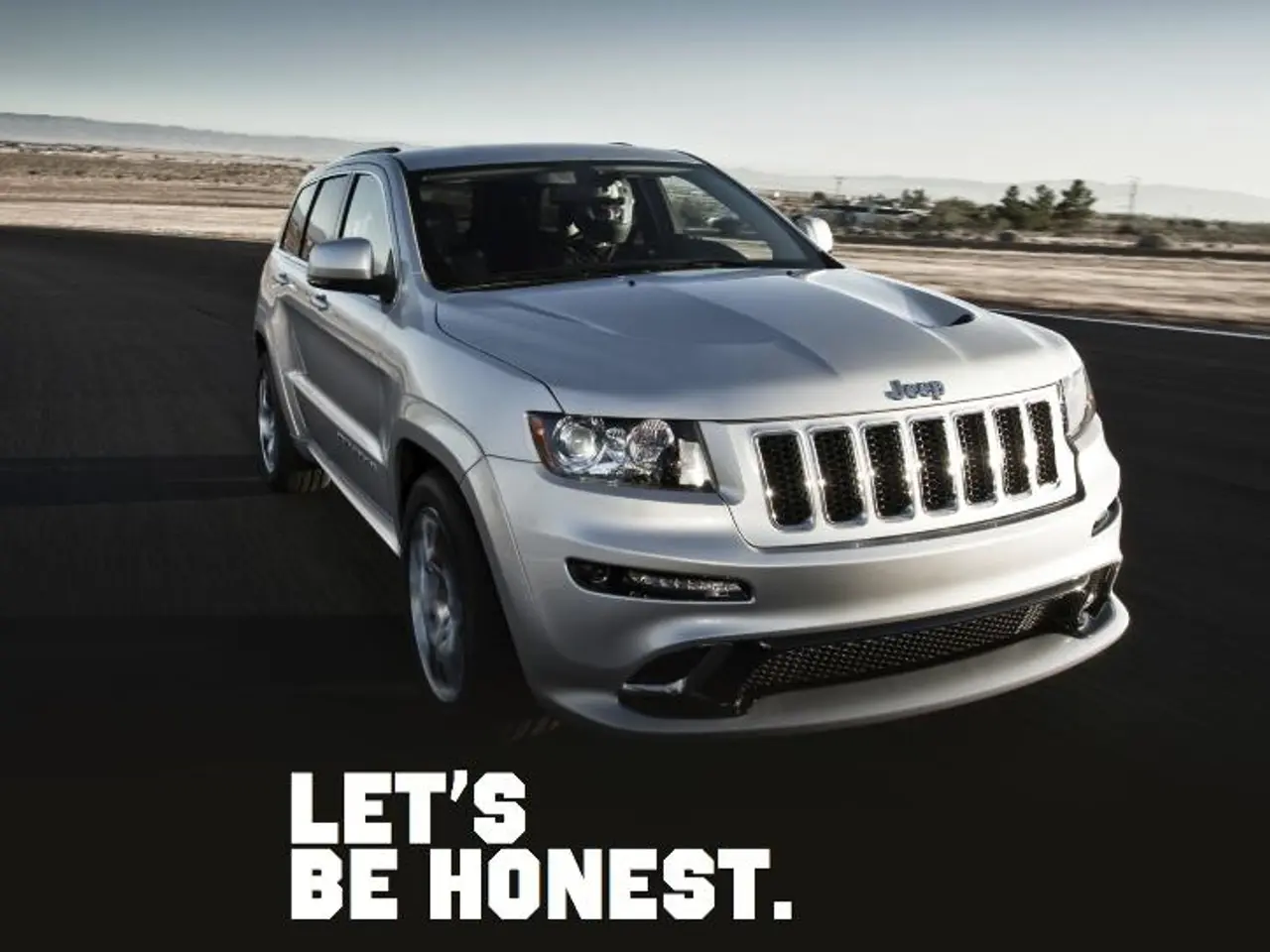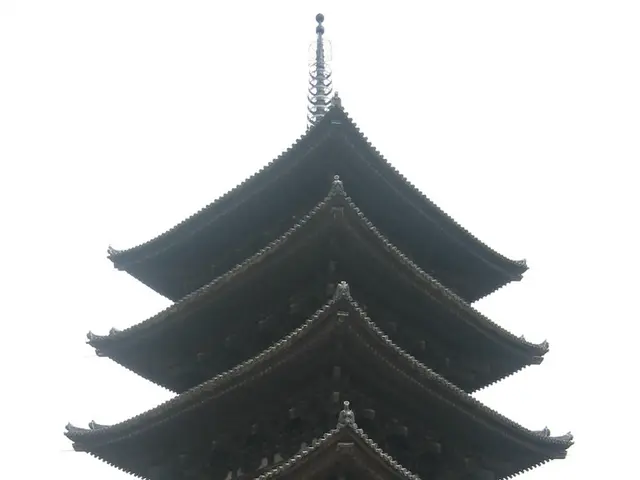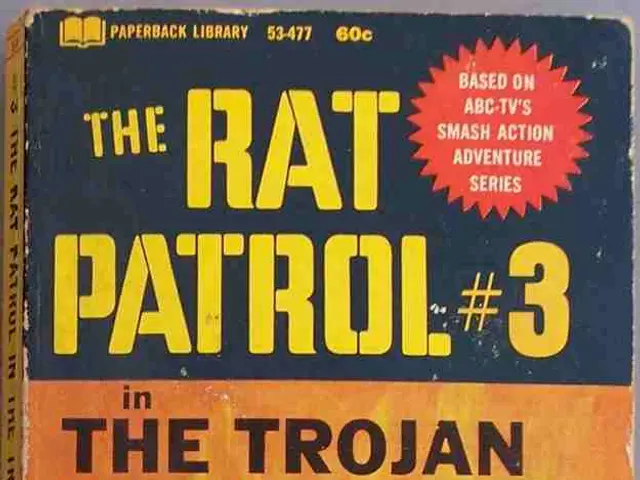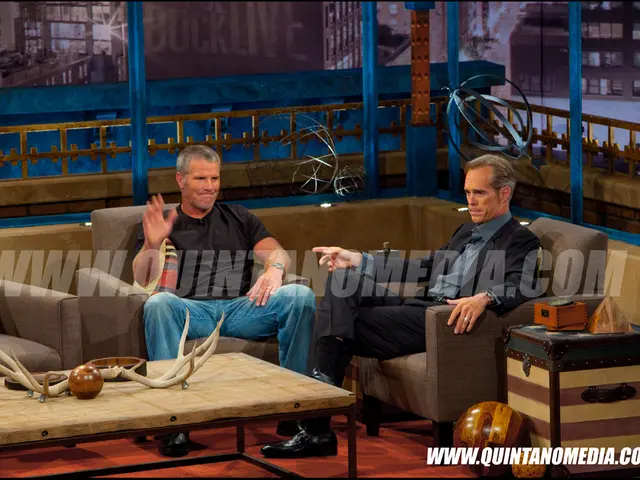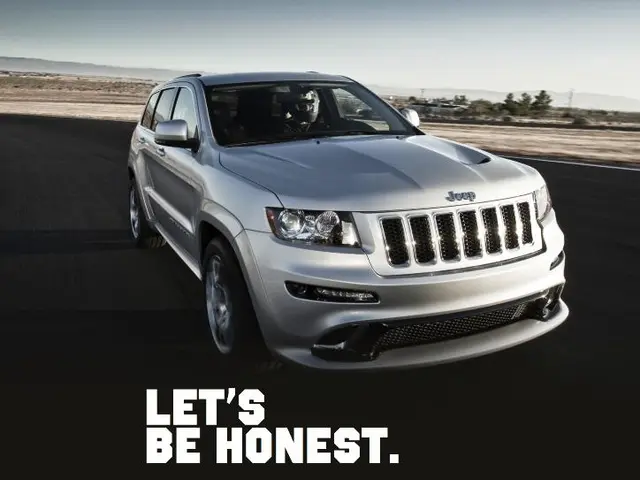Tesla, led by Elon Musk, resolves a self-driving car accident case, with the company's future reliant on robotaxi sales and robot technology.
In the world of electric vehicles, Tesla has been a trailblazer, pushing the boundaries of technology and innovation. However, the company's focus on self-driving cars has raised concerns and faced numerous challenges.
Mary Cummings, professor and director of George Mason University's Autonomy and Robotics Center, has highlighted Tesla's shortcomings and testified as an expert witness in a Florida case. Her observations echo those of many experts who question the safety and reliability of Tesla's self-driving technology.
One of the most high-profile cases involves the Zhang family, who filed a lawsuit against Tesla in San Francisco in 2019 after their 15-year-old son died when a Tesla self-driving car crashed into their father's vehicle. Recently, Tesla settled with the family, acknowledging the tragedy and its role in the accident.
This is not an isolated incident. There have been multiple accidents involving Tesla self-driving cars, including one that resulted in a person's death, and the self-driving feature was held at fault.
Analysts have raised concerns about Tesla's plan for AI, robotics, and Robotaxis, suggesting that it lacks specifics, particularly regarding safety-related concerns on Robotaxis. Michael Barnard, chief strategist with TFIE, believes Tesla's decision to remove radar in 2021 was like taking away a "sense," making it harder to drive in certain conditions such as fog, snow, or downtowns.
Some experts have reported incidents of the assisted driving system disengaging in the last few seconds before a crash, giving the driver little opportunity to take control of the car. Scott Moura, director at the University of California at Berkeley's Energy Controls and Applications Lab, states that Tesla's lack of lidar makes it cheaper but less redundant compared to other self-driving cars like Waymo's.
The California Department of Motor Vehicles (DMV) has filed a case against Tesla, claiming the company wrongly says it is "fully self-driving" when it is only on the second of a five-point scale of self-driving. This case underscores the concerns about the safety and reliability of Tesla's self-driving technology.
Despite these challenges, Tesla is not resting on its laurels. The company is developing a new artificial intelligence chip that is said to be 40 times better than the current one, and a software upgrade to make self-driving cars at least two to three times safer than human-driven cars and potentially up to 10 times safer.
However, the road to self-driving cars is fraught with obstacles. Karl Bello, a senior analyst, believes the inflection points for reaching scale in Robotaxis and robots are farther away than many believe, and competition from companies like Waymo is already ahead.
Elon Musk's Tesla has announced a future focus on Robotaxis, robots, and self-driving cars. This focus is reflected in Musk's own fortune, which is tied to Tesla hitting certain milestones over the next decade, including a $1 trillion pay package.
As Tesla continues to push the boundaries of self-driving technology, it faces both opportunities and challenges. The Florida verdict, in which a jury ordered Tesla to pay $243m in damages to the family of a female pedestrian who died in a crash involving a Tesla self-driving car, has opened the door for Tesla to be held liable for its Advanced Driver Assistance System (ADAS).
Steve Larson, former executive director of the State Energy Commission of California, believes Elon Musk will want to settle the California DMV's case to maintain Tesla's ability to drive in the state, as a recall could lead to other states following suit.
As Tesla navigates these challenges, it will be interesting to see how the company's self-driving ambitions unfold. One condition in the proposed trillion-dollar pay package for Tesla is the sale of up to 10 million subscriptions for self-driving cars, indicating that Tesla's focus on self-driving cars is not waning.
In a shareholder meeting to be held on November 6, the master plan and Musk's own salary will be at the centre of discussions, shedding light on Tesla's future direction and its commitment to self-driving technology.
Read also:
- Electric-powered vessels take to the waters of Maine
- Elon Musk accused by Sam Altman of exploiting X for personal gain
- Comparing the value of top electric scooters: Kinetic DX versus Bajaj Chetak versus TVS iQube - Which one offers the best bang for the buck?
- Tech tycoon Elon Musk alleges Apple is preferring OpenAI, sparking potential lawsuits contemplation
